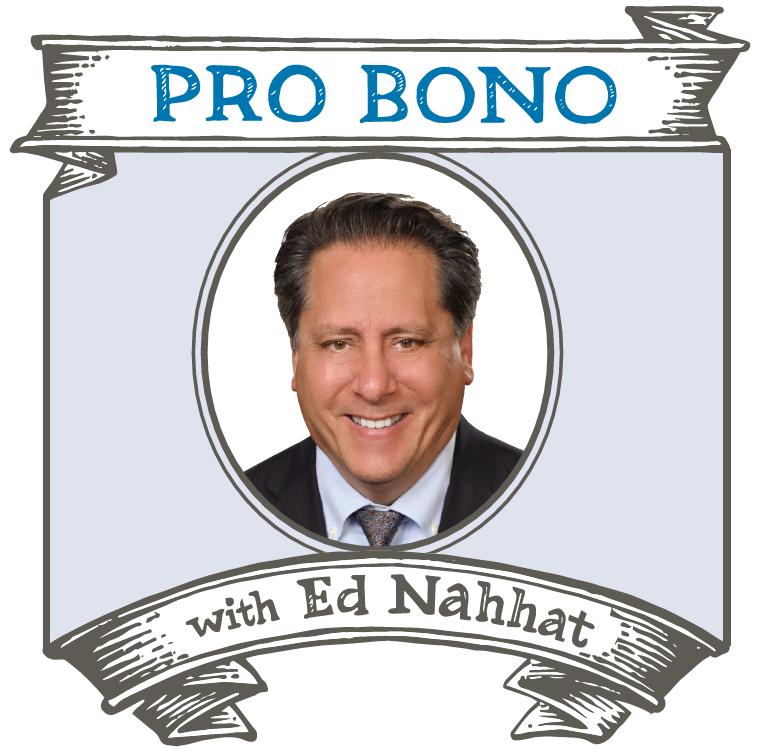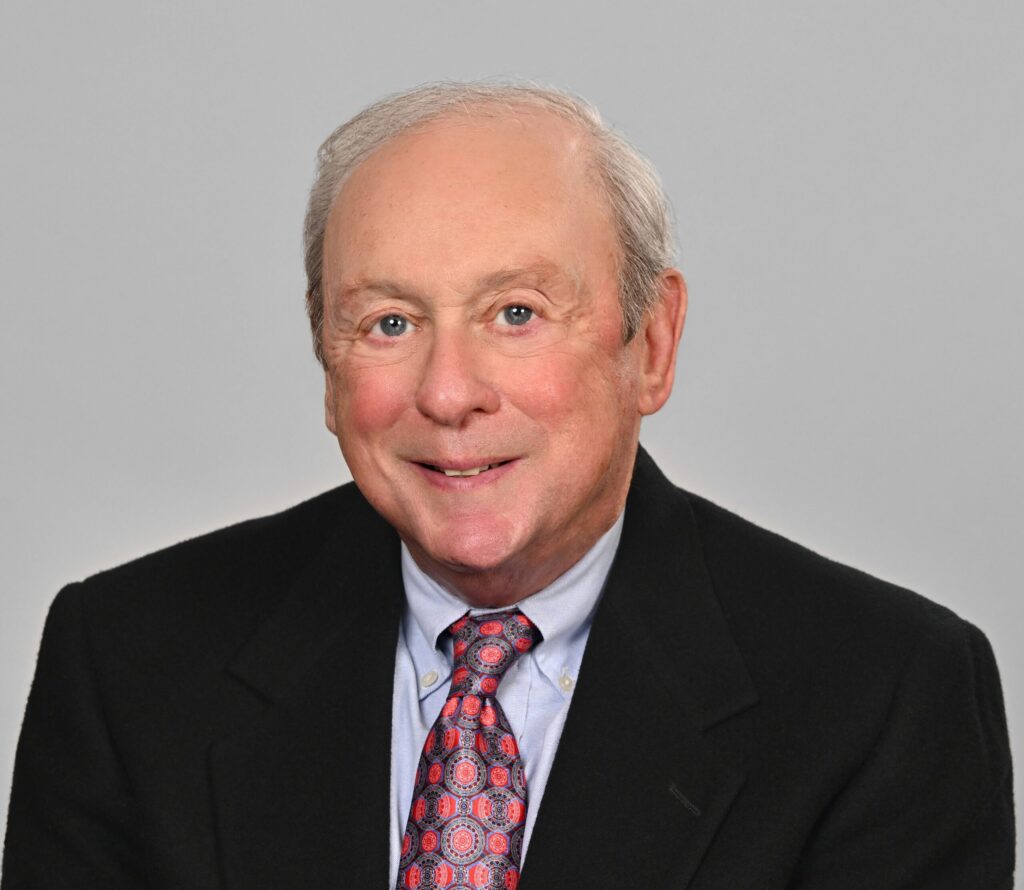In Pro Bono With Ed Nahhat clients, lawyers, and anyone who finds it interesting can catch personal profiles and inspiring stories about adventures in the law and the challenges and personal rewards of having a career in it. We’ll also talk with notable guests and experts outside of Kemp Klein as we paint a picture of what an effective legal team encounters and can accomplish together.
Please note, information is meant for entertainment purposes only. For a legal opinion, please contact any attorney here at the firm.
The client comes before the law, not above it. The Pro Bono podcast is a chance for me to give back to clients and peers after 30 years plus of practice. Here we get to talk openly about what legal careers mean to us, what inspires us every day, how we fight for our clients and how we stand up for legal principles in society. I hope it inspires you, too.
– Pro Bono Host Ed Nahhat
Pro Bono With Ed Nahhat Episode 02 - Alan A. May
In this episode of Pro Bono, we sit down with Alan May, a highly respected attorney and public servant whose decades-long career is marked by dedication to the law, mentorship, and community service. Ed Nahhat hosts the conversation, celebrating May as both a legal hero and a mentor. For this episode, Ed has requested a bell in the event he becomes too “obsequious.”
Alan shares the unique path of his career, beginning with his partnership with his father in their firm, May and May, and leading to 24 years at Kemp Klein. He reflects on his time serving on Michigan’s Civil Rights Commission under two governors from different parties, emphasizing how bipartisan collaboration shaped his perspective on civil service. He discusses his legal writings, which distill appellate court decisions into actionable insights for probate practitioners. These articles serve not only as practical guides but also as tools for ongoing learning and mentorship.
A key theme of the conversation is May’s dedication to helping underserved populations. He recounts how his team manages guardianships and conservatorships for over 200 clients, ranging from the wealthy to those in financial need. His commitment to taking difficult cases—often at a financial loss—reflects a broader philosophy of legal service as a way to give back.
May also touches on the challenges and nuances of probate law, including the complexities of trust disputes and the legal presumption of undue influence. He defends the necessity of this presumption, sharing a personal anecdote to illustrate its importance in protecting vulnerable individuals. He highlights the collaborative nature of probate litigation, where lawyers often work toward resolutions that benefit others, even while advocating for their clients.
Beyond the law, May reveals his passions for writing fiction, with three published novels and more in progress, and for baseball, where his deep knowledge of the sport enriches his legal and personal writings. He attributes much of his success to teamwork, his supportive family, and the joy of mentoring young lawyers, some of whom have gone on to become judges.
The conversation concludes on a personal note, with May sharing his pride in his family, his evolving work-life balance, and his gratitude for a career filled with meaningful connections and achievements.
More info on the Kemp Klein Law Firm can be found at kkue.com






